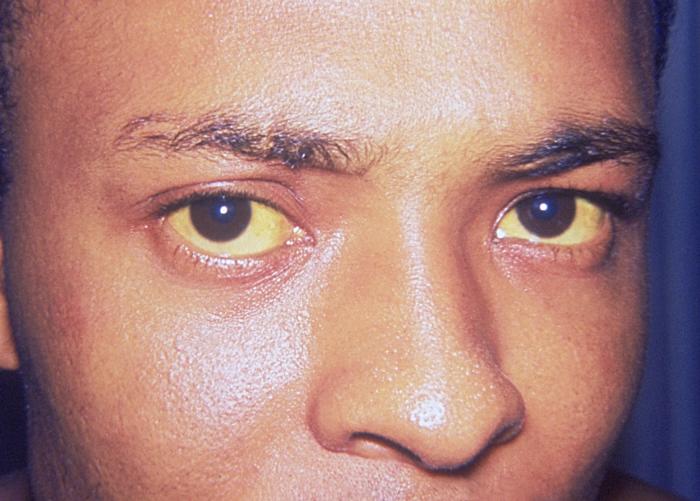KUALA LUMPUR, May 6 — Medical practitioners in government and private health clinics are urged to refer children aged one month to under 18 years, with symptoms of jaundice and other acute hepatitis to hospitals for further case management.
Health Minister Khairy Jamaluddin said the other symptoms of acute hepatitis are loss of appetite, nausea, fatigue or dark-coloured urine.
“The Ministry of Health (MOH) has intensified surveillance for acute hepatitis in all public health clinics and hospitals by using case definitions agreed upon by clinicians and public health experts.
“The ministry is also developing case referral and management protocols for acute hepatitis of unknown aetiology,” he said in a statement today.
According to Khairy, parents or guardians of children who experience symptoms related to acute hepatitis as mentioned are advised to immediately seek treatment at a nearby health facility.
MOH will continue to monitor the situation of Acute Hepatitis of Unknown Aetiology among children and would inform the latest development from time to time, he added.
He said that based on the monitoring carried out at this time, there was an 11-year-old boy with symptoms of acute hepatitis who sought treatment from a hospital in Sabah last month.
“The boy had symptoms of jaundice, fever, lack of appetite, nausea and vomiting. It was reported that the boy received a liver transplant on March 30 at a hospital in Klang Valley after this condition deteriorated.
“He was discharged in good health on April 21,” Khairy said.
He said that on April 23, the World Health Organisation (WHO), through the WHO Event Information Site (EIS) reported at least 169 acute hepatitis of unknown aetiology cases among children aged between one month and 16 years, from 21 countries, as of April 21.
“The United Kingdom reported the highest cases at 114. Other countries are Spain, Israel, the United States, Denmark, Ireland, Italy, Holland, France, Norway, Belgium and Romania. So far, only one death was reported,” Khairy said.
He added the common viruses that cause acute viral hepatitis (hepatitis viruses A, B, C, D and E) have not been detected through laboratory tests in any of these cases.
Apart from that, WHO also reported 169 cases of Adenovirus positive have been detected in at least 74 cases and 20 cases detected with SARS-CoV-2. However, the cause of acute hepatitis has not been confirmed and is still under investigation.
Khairy said it was estimated about 10 per cent of the 169 cases reported required a liver transplant.
— Bernama





